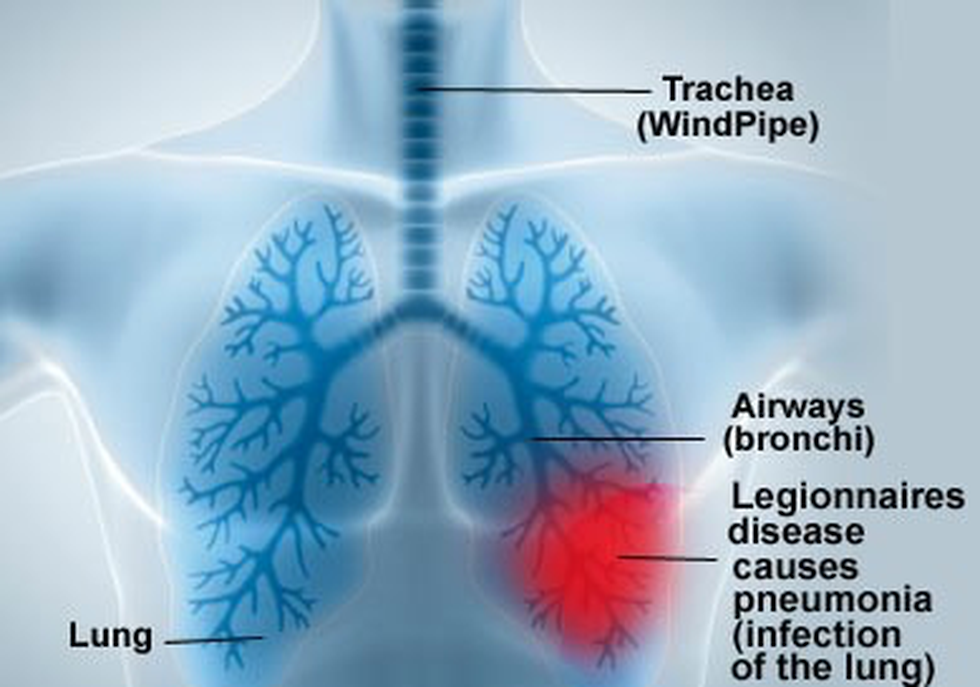About Legionnaires' disease:
- It is caused by the Legionella bacteria, which can only be found in natural bodies of water such as lakes and hot springs.
- It is a severe form of pneumonia — lung inflammation usually caused by infection. It's caused by a bacterium known as legionella.
- This bacterium is found in lakes and ponds, but they can also develop in tanks and other water systems.
- Transmission: The most common form of transmission of Legionella is inhalation of contaminated aerosols from contaminated water.
- It is not contagious, meaning it is not spread from person-to-person.
- Symptoms: The main symptoms are fever, chills, headache, malaise and muscle pain (myalgia).
- Treatment: Treatments exist, but there is no vaccine currently available for Legionnaires’ disease.
